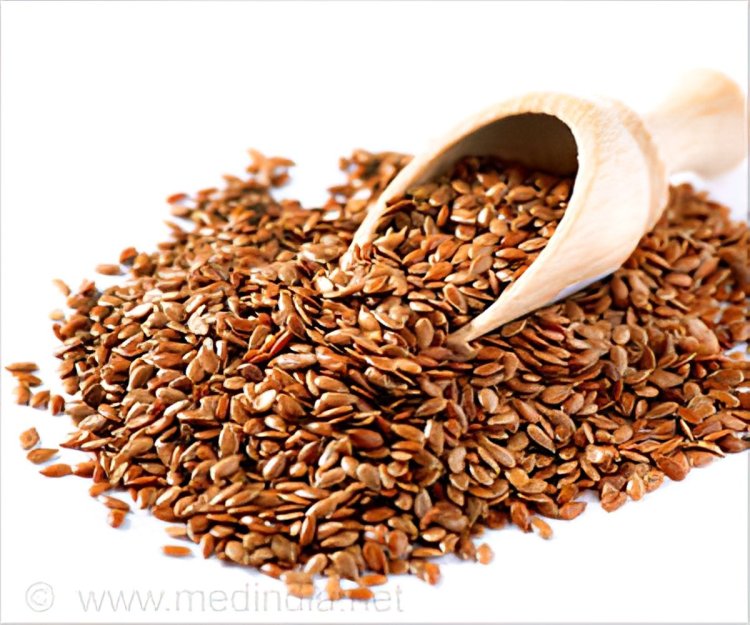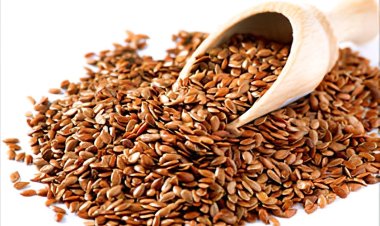Top 8 Health Benefits Of Flaxseed
Top Health Advantages Of Flaxseeds · 1. High In Fiber · 2. Rich In Omega-3 Fatty Acids · 3. Aids In Weight Loss · 4. Reduces The Risk Of Heart

Flaxseed, commonly known as linseed, is a small seed with a nutty flavor that has been valued for its nutritional value and practicality in the kitchen and the industrial sector for generations. Furthermore, flaxseeds have been utilized by ancient civilizations in the roles of food, medicine, and textiles.
A Brief History Of Flaxseed
Flaxseed was a staple in ancient Egyptian cuisine and culture, and the Egyptians were the first people to plant it. In addition, it was processed into linen, a coveted textile used in a wide variety of products. It was also used medicinally to treat a wide range of conditions, from skin irritation to gastrointestinal issues.
The nutritional benefits and medicinal uses of flaxseed also made it popular in ancient Greek and Roman societies. Flaxseed oil, also known as linseed oil, was used as a cooking oil and in the production of paint and varnish throughout Europe in the Middle Ages.
These days, roasted flaxseed is considered a nutritious option because of its high fiber and omega-3 fatty acid content. Bread, crackers, and smoothies all benefit from its addition as a plant-based source of omega-3s. Flaxseeds are used by many different industries, including the paper and textile industries. In general, flaxseed has a rich and extensive history, as the seed has been used to many different uses over the years. Its health benefits are now commonly acknowledged, making it a popular ingredient in a wide variety of foods and products.
Top Health Advantages Of Flaxseeds
1. High In Fiber
One serving of flaxseed has roughly 8 grams of fiber, making it a great source of this essential nutrient. In addition to promoting good digestion and warding against constipation, this may also help reduce cholesterol.
2. Rich In Omega-3 Fatty Acids
The necessary fatty acids in flaxseed are great for your heart and brain. Omega-3s have been proven to have anti-inflammatory, blood-pressure-lowering, and cholesterol-raising effects.
3. Aids In Weight Loss
Consuming flaxseed may aid in weight loss and control, according to some research. Flaxseed's high fiber content may aid weight loss by making you feel full after eating fewer calories.
4. Reduces The Risk Of Heart Disease
Flaxseed's omega-3 fatty acids and fiber may help lower cholesterol and lower blood pressure. Consumption of flaxseed has been demonstrated to lower cholesterol and blood pressure, two major cardiovascular disease risk factors.
5. Lower Blood Sugar Levels
Consuming flaxseed may aid diabetics in maintaining better blood sugar control, according to several studies. The dietary fiber found in flaxseeds has been shown to reduce the rate at which sugar is absorbed by the body.
6. Helps With Menopause Symptoms
Flaxseed, which includes lignans, an estrogen-like chemical found in plants, may alleviate menopause symptoms like hot flashes and night sweats.
7. Enhances Skin Health
Flaxseed's omega-3 fatty acids may benefit skin health and make dry, flaky skin less noticeable. As a natural moisturizer, flaxseed oil is also widely used in cosmetics.
8. Cures Depression And Anxiety
There is preliminary evidence that the omega-3 fatty acids in flaxseed can boost cognitive performance. As a result, feelings of despair and anxiety subside and one's disposition improves.













